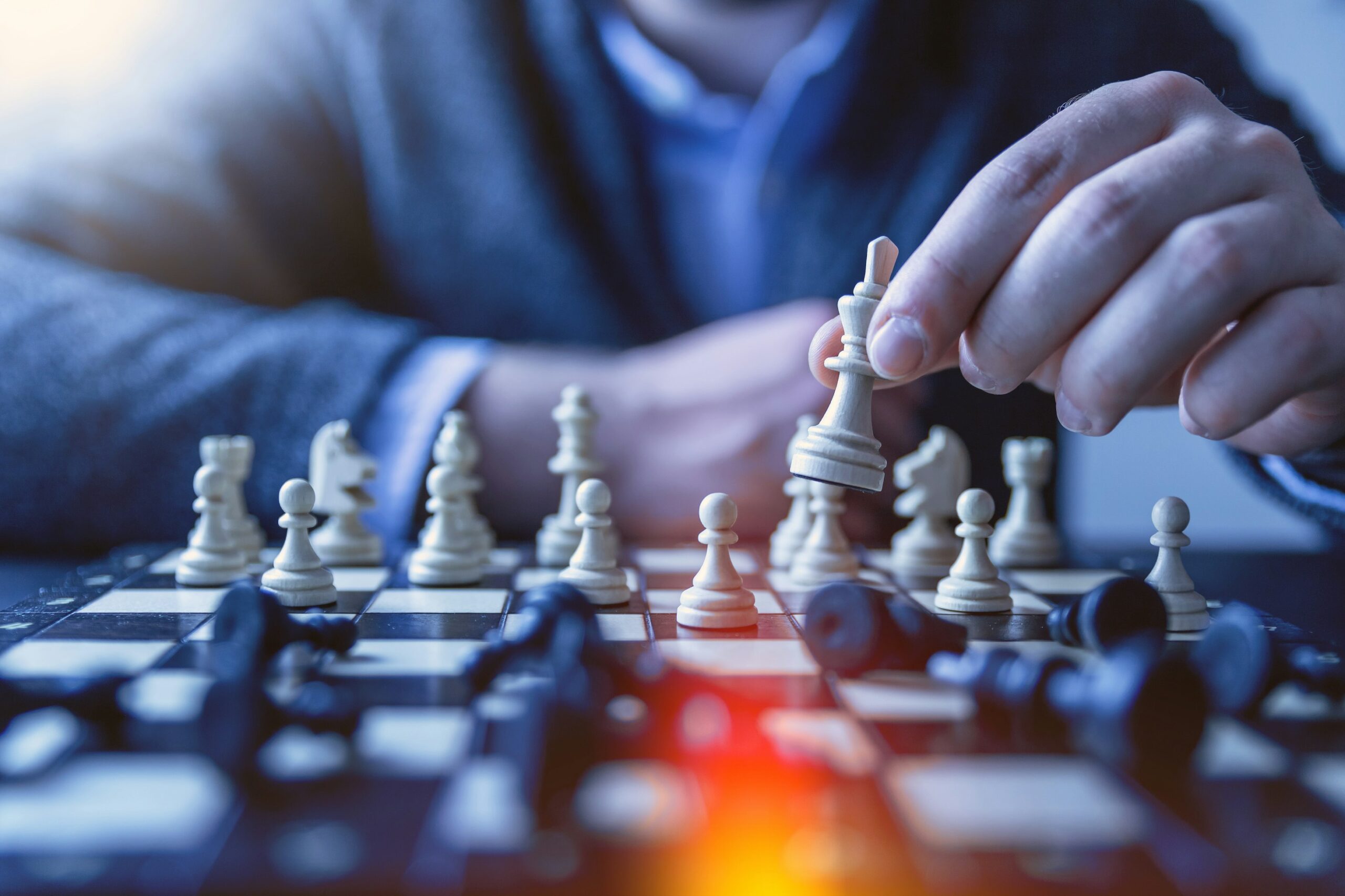
Gaming is no longer just a multi-billion-dollar business. It has emerged as a global phenomenon that’s changing culture, education, and even professional development around the world. Online virtual spaces are engaging millions, connecting individuals to modern games that challenge and hone a player’s strategic thinking, problem-solving, and real-time adaptability. Is it possible that gaming tactics honed in these digital arenas offer innovative ways to solve today’s leadership challenges? In this article, we look at how the fundamental principles of gaming can help leaders enhance their strategies, team dynamics, and decision-making in the real world.
The Gaming Mindset
The gaming mindset, which poker players have turned into an art, requires resilience, strategic thinking, and adaptability. Players must sort through the ambiguity of being dealt a hand, predict an opponent’s bluff, and both execute and revise a plan on the fly. This is similar to the rapid-fire decision-making of a leader. These skills are useful in everyday life just as they are in the boardroom; it’s a mindset that thrives on uncertainty, using it to create a strategic advantage. In leadership, adopting a poker-like mindset means that problems are puzzles that are meant to be solved, not obstacles to avoid.
This approach allows leaders to maintain composure, operating with only incomplete data and changing those plans when new information becomes available. Thinking in this way makes leaders better problem solvers, ensuring that navigating their constantly changing role is something they can do with complete confidence. By learning from the calculated risks and cunning strategy of poker, leaders can cultivate within their teams an attitude of innovation and flexibility, formulated and executed collectively; this is necessary in today’s fast-paced business environment.
Strategic Planning and Execution

Advancing through levels of a video game demands careful planning, resource management, and execution — sound familiar? In pursuing business goals, gamers and leaders go through a similar strategic process. Gamers, too, must analyze their environment, identify their objective, and develop a plan aimed at achieving a winning score. And the leaders of the business world? Well, they, too, must set clear goals, allocate resources effectively, and determine the actionable steps required to achieve success.
In a game of chess, every move is made for a reason and takes into account the types of moves your opponent might make. Leadership works the same way, calling for strategic planning that takes into account the external competitive landscape, the potential market shifts, and the wise, data-driven decision-making that will guide the organization toward its goals. By thinking more like a chess player when tackling business issues, leaders can take on a mindset that values looking ahead, adaptability, and the thinking required to recognize that every move counts toward the end game.
Team Dynamics and Collaboration
The dynamics of teamwork and collaboration play out in rich detail in multiplayer games. In these games, players join forces to achieve a common objective, each playing a role that is integral to their team’s success. They must marshal their individual skills as well as communicate, coordinate, and provide mutual support — attributes that are equally vital in the world of work.
For example, in a cooperative online game, players may be designated to perform as strategists, healers, or defenders – all of which are essential to the team’s success. This reflects the reality of the workplace, in which groups of people with diverse roles and skills come together to achieve business goals. Like in the game, leadership means recognizing and utilizing each team member’s unique strengths, fostering open communication, and creating an environment where collaboration thrives. By taking cues from multiplayer gaming, leaders can improve their team’s performance by fostering a culture in which collective success is prized over individual accomplishment.
Learning from Failure
In gaming, failure isn’t a setback. Instead, it’s a motivator that encourages players to learn, adapt, and keep coming back until they’ve mastered the challenge. The same is true in leadership, where capitalizing on failure as a learning tool can foster greater resilience and an ethic of continuous improvement. After all, leaders who see mistakes as a chance to improve not only inspire their teams to adapt, innovate, and rise to the next challenge with confidence; they empower their organizations to fix what’s broken and make it better each and every time.



